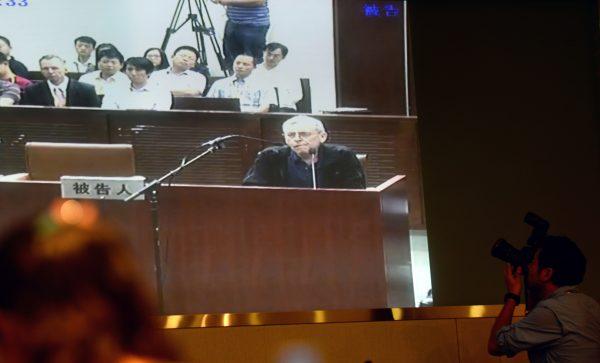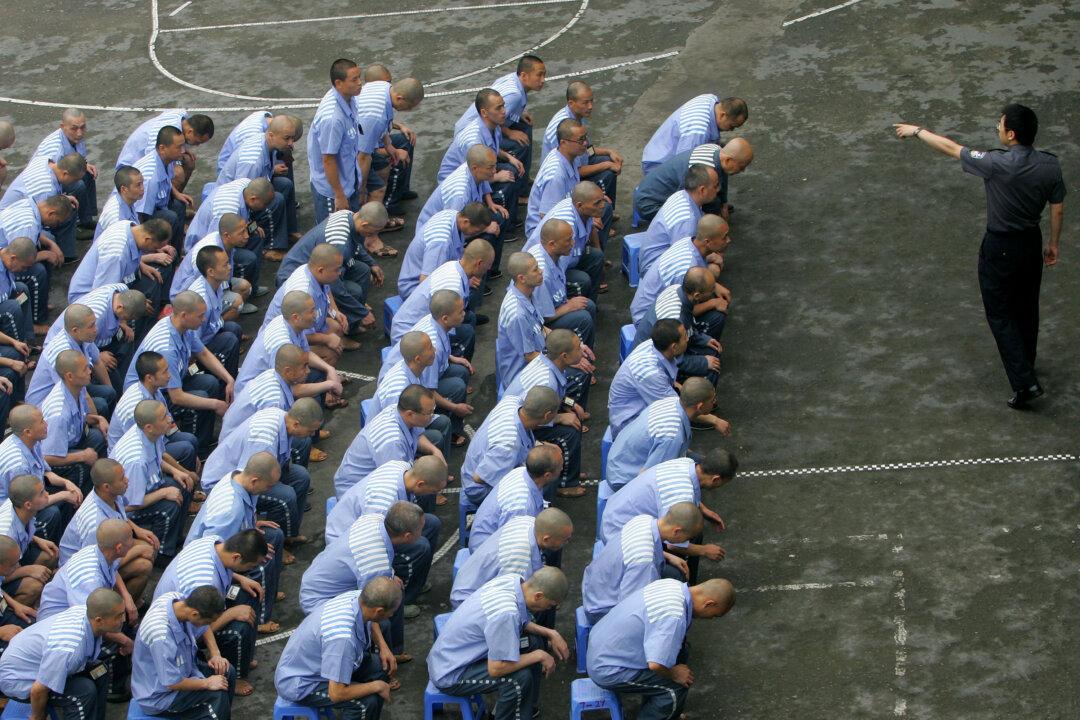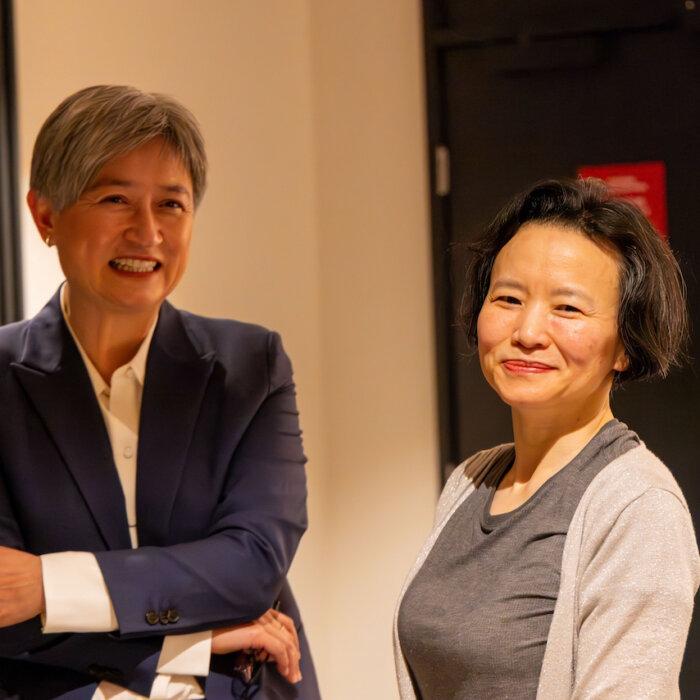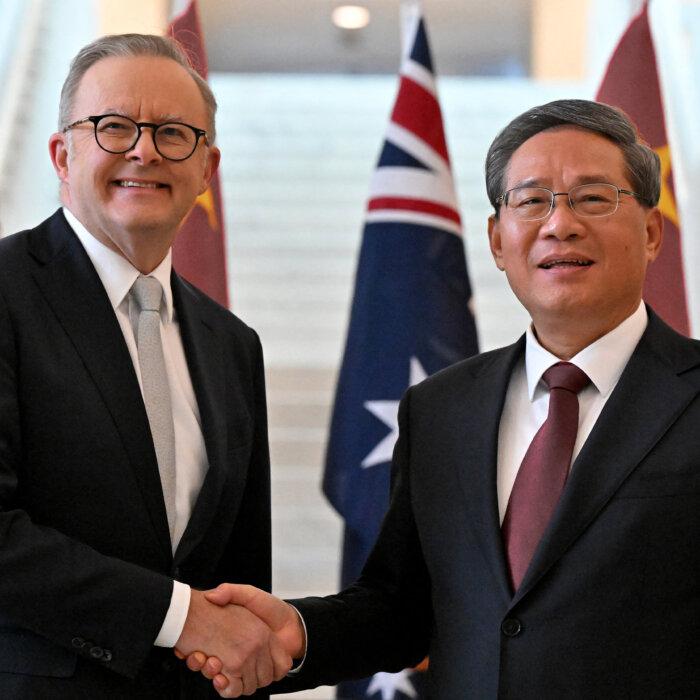An Australian Senate Committee has been told that around 10,000 foreigners, including Australians, are currently held in the Chinese Communist Party’s (CCP) prison system.
At an inquiry hearing on Sept. 26, Peter Humphrey, a former British journalist and businessman involved with China for 50 years, shared his experience of being wrongfully detained by the communist regime.
Humphrey and his Chinese American wife were arrested in 2013 on false charges of illegal “information gathering.”
Before the arrest, the couple ran a fraud investigation consultancy company that helped clients avoid risks when doing business in China.
Humphrey and his wife spent two years in a prison in Shanghai and went through—what they described—a “shattering experience.”
He was released ahead of schedule in June 2015 due to health issues, and his wife was also released in the same month.
No Fair Legal Proceedings
Through his research, the former businessman estimated that there were around 10,000 foreigners imprisoned in China, and a number of them wrongfully arrested.Humphrey also said the CCP did not provide Australians or foreigners with proper legal proceedings.
“Not a single Australian prisoner has had a fair and transparent trial. Some are in dire health. Some are over 50, aging rapidly,” he told the Senate Committee.
“Some foreign prisoners have been in jails for 10 years or more. I don’t think any of them deserve to be there.
A System of Oppression: Businessman
As Humphrey recounted his experience, he said the judicial system under the CCP’s rule was a system of oppression, not justice.The former businessman explained that all organs of the judicial system–the police, the prosecution, the judiciary, the prisons, and Chinese lawyers–formed an organic whole under the regime’s complete control.
“No judge is independent or impartial. He is just a messenger of the party,” he said.
“The system is exploited by connected individuals to harm people they have a grudge against.
“Cases are built upon forced confessions, often televised and upon forced witness statements.”
At the same time, Humphrey shared about the harsh living conditions of prisioners, including Australians, in CCP’s prisons, where they had to sleep on the floor in a small cell full of people and eat filthy, appalling food.
He said prisoners were subject to forced labour for the prison’s commercial profit and brainwashing via the form of “mandatory thought reports.”
There was also the withholding of proper medical treatment, even for cancer, Humphrey added.
Regarding forced labour, Humphrey gave the example of a plea for help written on a Tesco Christmas card by prisoners, which was later discovered by a family in the UK.

Concerns Western Government Response Not Adequate
Humphrey also raised the issue that Western countries, including Australia, had a “two-tier response” to their citizens’ detention in China.“One is what I call the nanny and messenger service … you get intermittent consular visits, and they can bring letters, messages from home, maybe reading material and so forth,” he said.
“The other tier of response … what we hear all the time from Western consular representatives when they visit a detainee or a prisoner is: sorry we can’t intervene in your case.
“Whenever you ask them to do something which, in their view, amounts to intervening in the process, they refuse to do so.”
Furthermore, Humphrey said Australia and other countries had a mindset of putting commercial relations above the interests of individual citizens who had been wrongfully detained.
“This is something that really needs to change if it can,” he said.
More Effort Needed to Rescue Stranded Australians
While some countries, such as the United States, had institutional frameworks for handling wrongfully detained citizens abroad, Humphrey said those measures were ineffective in dealing with the CCP.He then suggested Australia develop its own institutional and legislative framework for this purpose and to make it work.
Specifically, Humphrey said there needed to be legislation that would put a greater onus on the Australian government to act, and legislation that would punish China for its acts of arbitrarily and unjustly detaining Australian citizens.
“You need to send out the message that if you touch an Australian, we’re going to make you and your friends’ life hell,” he said.
“Western democracies should link hands in this approach and put on a united front.
“Australians are suffering in [CCP leader] Xi’s dungeons, and Australia must hold China to account.”







